Proof of Concept: Acknowledgements Page
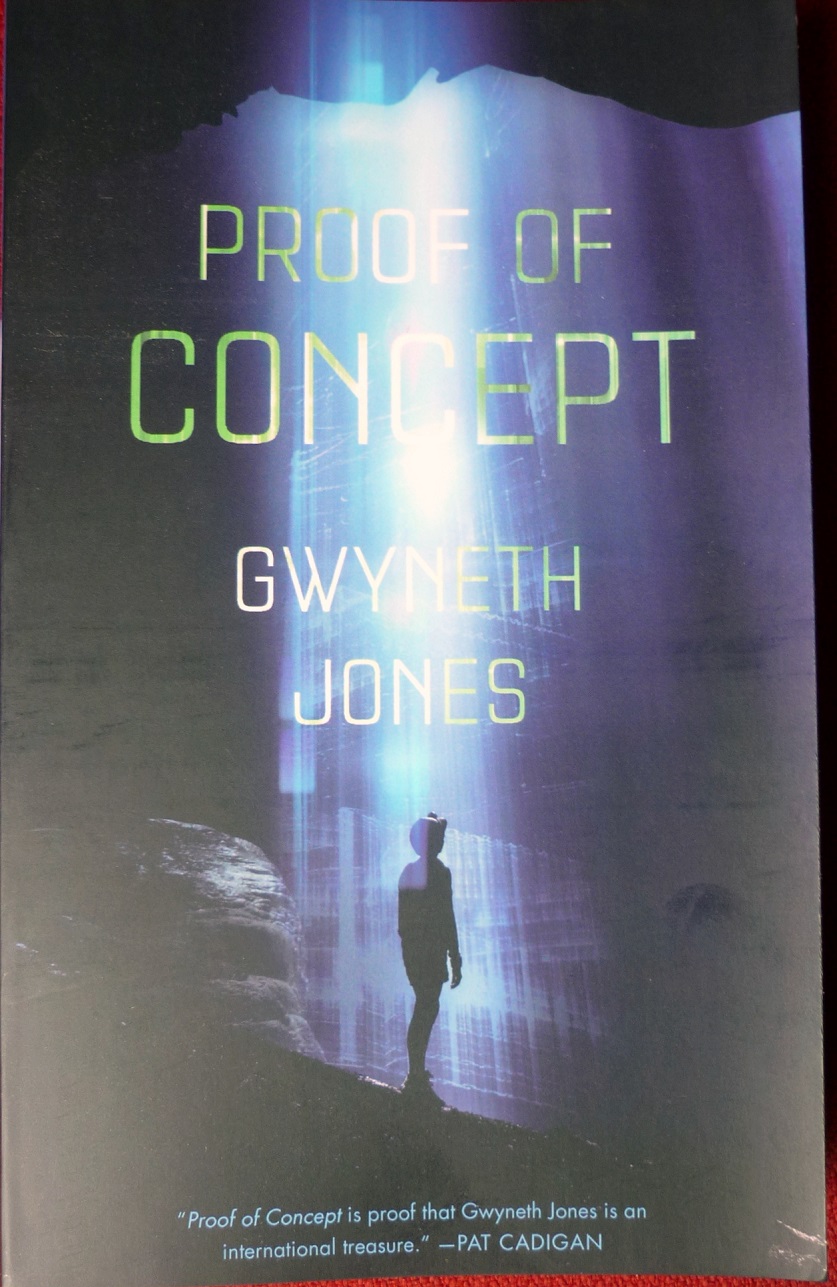 Many, many thanks to my favorite and trusty editor, Jonathan Strahan. And to Katherine Duckett, Lauren Houghen, Carl Engle-Laird; the whole Tor.com team, plus a special thank you to Bethany Reis, for all the patient detail-work on the copy-edit.
Many, many thanks to my favorite and trusty editor, Jonathan Strahan. And to Katherine Duckett, Lauren Houghen, Carl Engle-Laird; the whole Tor.com team, plus a special thank you to Bethany Reis, for all the patient detail-work on the copy-edit.What the positive pre-pub reviewers said
"Gwyneth Jones does a great job of giving the reader so much story in a relatively short amount of pages. As soon as she establishes the setting, she’s off and running. The pace is fast, the dialogue is good, and there’s enough death to make a sci-fi & horror hound happy" http://www.scifiandscary.com
"Um. Wow. No seriously. Terrifying and amazing and absolutely captivating". https://randomalex.net/tag/gwyneth-jones/
5) I had a few false starts because it was difficult to understand what was going on at first, there’s some scientific talks that lost me. But the main character, Kir, grew on me and made me be interested on what was going on. By the end I was totally invested in the characters. https://adragoninspace.wordpress.com/2017/02/02/january-wrap-up-2017/
"Most important, Jones, an Arthur C. Clarke winner, offers a delicious portrayal of what it feels like when that nagging voice in your head telling you something is wrong is in fact your only ally." Washington Post
"the tangled plot may leave the reader wishing for a longer work in which to untangle it." Publisher's Weekly
(Well. You can't please everyone (which is fine) but I like the novella length for sf! It feels like the natural shape for a fairly complex, eventful science fiction story like this one, where a novel would seem padded-out. But I take note of the criticism. Maybe I'll get better at this business, if I try hard enough).
Many thanks to you all.
Could There Be More?
Of course there could. Plenty more. But I like science fiction stories that end at the beginning.
MyReadingList:
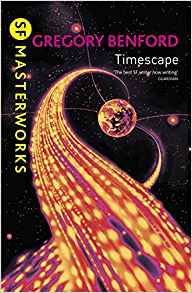 Timescape, Gregory Benford.
Timescape, Gregory Benford.A really thrilling read when I first met it, and the suspense still works, though the near-future UK strand now seems a bit stilted and artificial. Proper lab-science fiction about whacky ideas (tachyons) on the edge of proper science, with lots of sex (maybe too much sex?) Watch and learn, as the desperately important new idea gets bent out of shape by the scientific process itself, and discredited by dirty-fighting career-fixated scientists (for God's sake, when the end of the world is nigh!) What's so special about 1963? Find out here. What a robust and amazing invention Morse Code is!
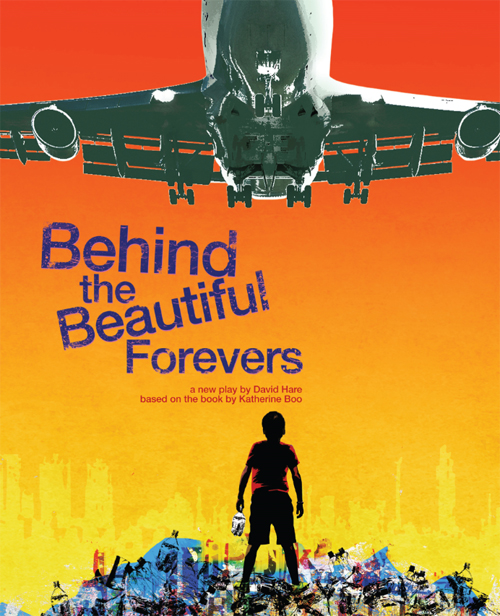 Behind The Beautiful Forevers, Katherine Boo.
Behind The Beautiful Forevers, Katherine Boo. Pulitzer Prize winner Katherine Boo's account of life, death, and how stubbornly people cling to their dreams, in one of Mumbai's enclaves of direst poverty, and right in the shadow of the luxury airport hotels. I also recommend the theatrical version.
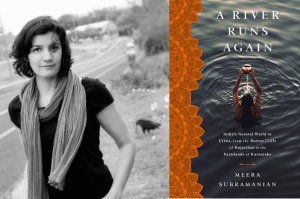 A River Runs Again, Meera Subramanian Can devastated ecologies recover? Yes. They can. It's a choice, it's available. "India's natural world in crisis", and five case studies on what people are doing about it. Beautiful, inspiring book.
A River Runs Again, Meera Subramanian Can devastated ecologies recover? Yes. They can. It's a choice, it's available. "India's natural world in crisis", and five case studies on what people are doing about it. Beautiful, inspiring book.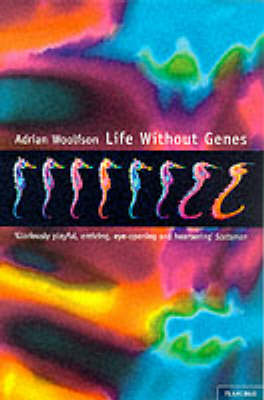 Life Without Genes, Adrian Wolfson The first book I read about conceiving life, the universe and everything as information. A very good read (not at all sciency). Also see Claude Shannon
Life Without Genes, Adrian Wolfson The first book I read about conceiving life, the universe and everything as information. A very good read (not at all sciency). Also see Claude ShannonAuthor'sNotes
"super-dense population": Just to be clear, the world of "Proof Of Concept" isn't strictly speaking over-populated.The problem as in the real world, is about inequalities, ruthless megacorps, and exhausted resources, not teeming human numbers. There is enough for everybody's need, there is not enough for everybody's greed. Or something like that.
"refraction technique". I saw Peter Higgs giving a tv interview, when the Higgs Boson was announced. He was asked to explain, for the public, what a "particle that carries mass" could possibly mean. I think he said something like, think of light falling through a prism, and splitting into different colors. The "boson for mass" is a refraction, permeating the universe, not a species of tiny billiard ball. I don't know if this bears any relation to what Peter Higgs actually said (never mind what he meant), but I remember feeling, just for a glancing moment, that I got it. It was a thrilling glimmer, a lasting memory.
Sergey Pillement = Stephen Hawking? .
Obviously
(I mean, yes, the reference is deliberate)
Dan Orsted = Elon Musk?
Possibly Dan the unfathomable is someone Elon Musk sees in the mirror, in one of his nightmares.
Margrethe Patel? Driven, maverick, immensely powerful, female Post-Particle physicist?
. . . has no real world original that I know of.
The Abyss?
As I've said elsewhere, I first thought I'd put the Needle Voyager at the bottom of a Polish salt mine (in memory of a mysterious book called What Dangers Deep, and other Polish connections). But even a fictional salt mine would be nowhere near deep enough or isolated enough (the one you visit is close to Kracow), so I had to invent my own cavern. Hence the closest real world equivalent is now in Iceland:
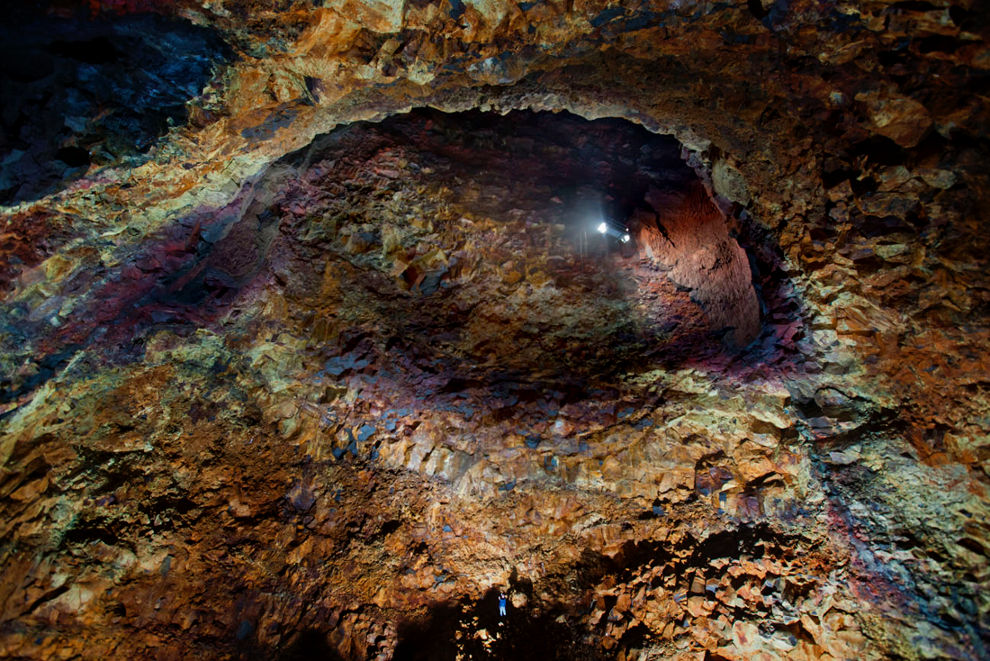
https://www.extremeiceland.is/en/activity-tours-iceland/caving-iceland/inside-the-volcano
I would love to make this trip! And maybe I will, somehow, some day, when my desk is clear.
Altair ?
Is a bright star (planet-bearing, and a favourite sf venue) in the constellation called the Eagle. A character in Assassin's Creed; and the trade name of a (personal) computer that changed everything, long, long ago.
Kir is me. The viewpoint character is always the writer's personal avatar in the game of the story. In my experience.
